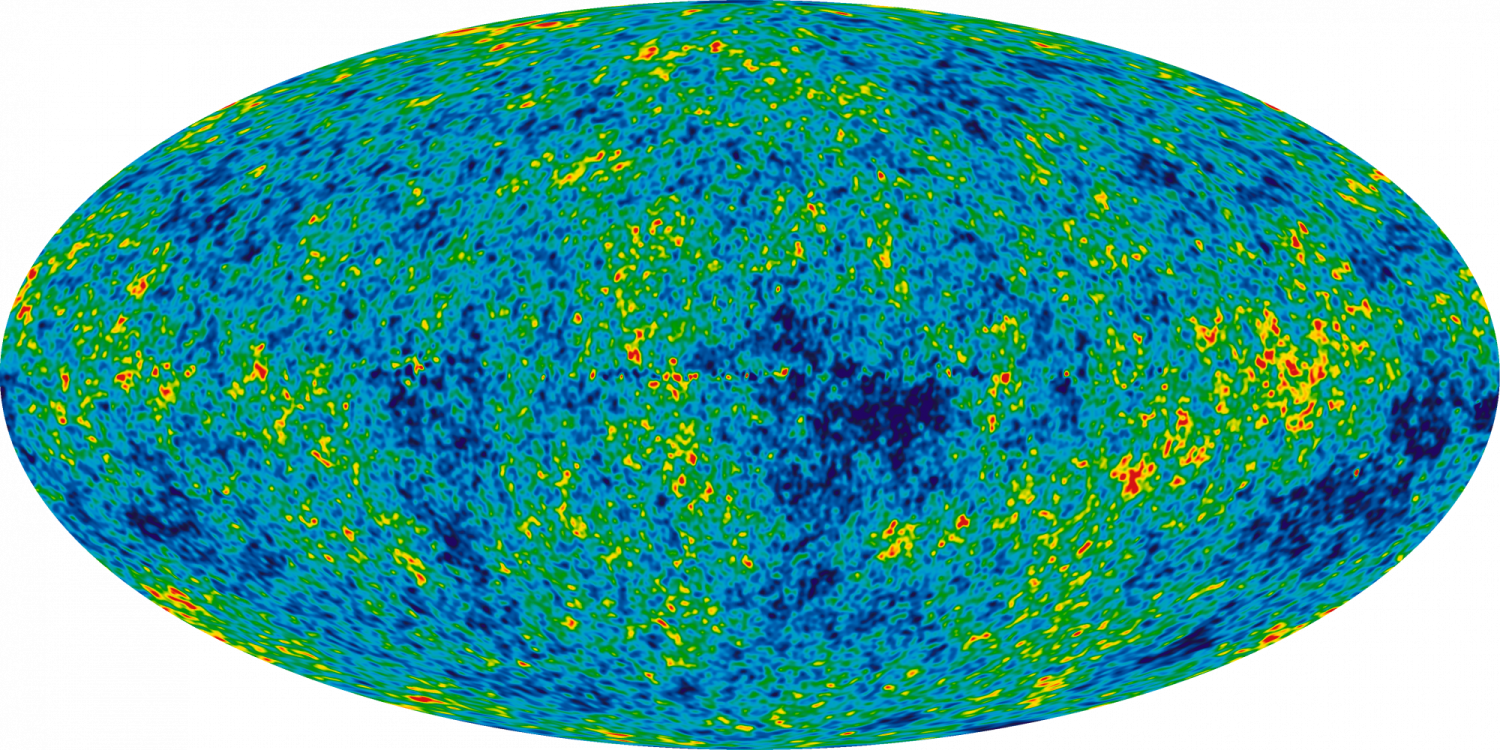Our Department

We're Hiring!
Tenure-track Faculty Position, Department of Astrophysical and Planetary Sciences, University of Colorado Boulder
Tenure-Track Faculty Job Description and Duties
Tenure-track faculty application guidance
A Tradition of Excellence
The Department of Astrophysical and Planetary Sciences (APS) at the University of Colorado (CU) has a reputation of excellence, both nationally and internationally. Consistently ranked among the top programs in the country, the Department enjoys a diversity of research interests in the areas of Astrophysics & Astronomy, Planetary Science, Fluid Dynamics, Plasma Physics, Solar Physics, and Space Physics. The APS department has 30 rostered faculty, 50 research and affiliated faculty, 64 graduate students, 340 undergraduate majors, and 80 undergraduates minoring in astronomy.
Graduate Studies
The APS department offers PhD degrees; only students planning to earn their PhD will be considered for admission. Graduate students generally specialize in the areas of astrophysics, planetary science, or Solar science.
The program successfully integrates astrophysics, planetary science, solar physics, and space instrumentation, with both observational and theoretical components. These assets facilitate interaction and collaboration between the disciplines and enable students to explore a wide variety of research areas. In addition, the Sommers-Bausch Observatory on campus provides excellent hands-on experience with telescopes and observing, and the department supports the world class Fiske Planetarium, which offers a unique opportunity for public outreach. These campus resources are complemented by other affiliated research organizations in and near Boulder.
Research Opportunities
The APS Department is affiliated with many different research labs, both within the university (Center for Astrophysics and Space Astronomy, JILA, Laboratory for Atmospheric and Space Physics) and in the Boulder area (High Altitude Observatory/NCAR, National Institute of Standards and Technology, National Oceanic and Atmospheric Administration, National Solar Observatory, Southwest Research Institute). These affiliations often lead to research opportunities for students at both the undergraduate and graduate levels. Undergraduate students may also choose to work with APS faculty on independent research projects using the Sommers-Bausch Observatory, the 3.5m Apache Point Observatory, or the Fiske Planetarium. For current undergraduate research opportunities please visit the Research, Internship, & Scholarship Opportunities page.
Undergraduate Opportunities
The BA program is designed to meet student needs for training in space sciences, including astronomy, astrophysics, planetary sciences and space physics. Students pursuing the Astrophysical and Planetary Sciences major have the option of following one of two emphases: the Interdisciplinary Emphasis housed in the Department of Astrophysical and Planetary Sciences (APS), or the Physics Emphasis, jointly supervised by APS and the Department of Physics.
The Interdisciplinary Emphasis highlights the science of astronomy, observation and technology. As a major in this emphasis, students receive core training in astronomical sciences, mathematics, applied physics and computational and instrumental technology needed for professions in the space sciences.
The Physics Emphasis is directed toward students interested in pursuing graduate studies in astrophysics. This emphasis is multidisciplinary in focus with work in physics, mathematics and astronomy. Upon graduation, students should have solid technological training in the space sciences, including mathematical, physical, computational and instrumental expertise.
- The APS department recognizes our scientific and educational missions are strengthened by contributions from diverse perspectives. We aim to promote a fair, inclusive, and supportive environment for all. As a member organization of the American Astronomical Society, our department adheres to their Code of Ethics and encourages all our faculty, students, and staff to do the same.
If you feel we have failed in this goal, or if there are any issues or areas of concern that the APS Executive Committee should be aware of, please use the Anonymous Issue Form.
If you have suggestions for the website, please fill out the Suggestions Form.


